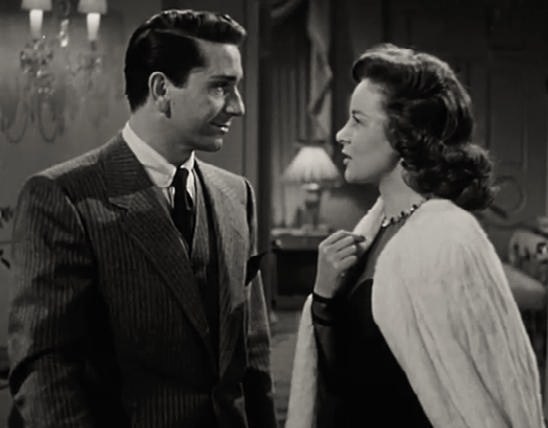The most observant UCWbLing readers may have noticed that I was absent from the blog this past fall. As part of the DePaul University Digital Cinema LA Quarter program, I spent a few months in West Hollywood interning and taking classes. The work experience I gained from my time in LA is invaluable and the warm weather was a nice departure from the blustery Chicago autumn, not to mention that a handful of film studio tours made the weekends very entertaining. Perhaps most important was the perspective I gained on screenwriting craft and criticism.
I interned for Evolution Entertainment, an independent production and management company founded by producer Mark Burg. Evolution is known for the low budget horror films they’ve produced in recent years which include the Saw series, Dead Silence, and The Tortured among others. While their grisly sensibilities precede them, Evolution also fosters independent dramas and television shows. The office is comprised of approximately ten managers and/or producers all of whom receive screenplay submissions from clients, and none of them have the time to read these 50-120 page bad boys; this is where I came in.
As an aspiring screenwriter, one of the best entry level positions I can hope for is that of a ‘reader,’ one of many talent agency or production company employees who are paid to conquer the infinite submission pile one script at a time and throw around the saying “Liked it, didn’t love it.” As an intern I was lucky that I didn’t have to spend time running errands or fetching coffee as everyone at the office fixed their own beverages with the life-saving Starbucks machine down the hall – no matter how high up the ladder they might be. While I did do some light photocopying and reception work, I spent most of my time reading scripts and writing detailed reports that summarized the plot and evaluated the submission’s strengths and weaknesses, generally referred to as ‘coverage’ in the industry.
The template for this form of writing is formulaic, but I found it to be a refreshing and practical approach to script feedback that taught me to consistently trim the fat from my writing. When you’re writing a two-page synopsis (single-spaced) of a script for a producer or manager who barely has time to comfort his frazzled assistant, you know how important it is to ‘get to the point,’ and the same goes for the comments section of the script coverage. I feel that my reading comprehension skills developed over the quarter as I learned to summarize several pages of a script in a single sentence.
Just as important was the opportunity to put my knowledge of film convention into practice. While I was already a bit of a structure freak when I started the internship, reading script after script heightened my attention to this aspect of screenwriting as many common problems I noticed were rooted in misplaced or contrived plot points. As is the case with my experience at the UCWbL, there was always something to learn from the scripts I read regardless of their quality. When I explain a comma rule to a writer or discuss strategies for thesis writing during a tutorial, I pay closer attention to it in my own writing. Just as there is a common set of organizational conventions that we expect in academic writing, so there is a very specific structural paradigm that Hollywood expects from its screenplays. There is a wide range of perspectives on story structure, but they all have the same basic plot points in common. Deviation from the paradigm isn’t necessarily a bad thing, but it almost always causes problems if the writer isn’t well-versed in the conventions and breaking them for a purpose.
By the end of the quarter I had read and covered approximately fifty scripts, more than I’d usually read in a year. I even had the chance to pitch a script of my own to a few of the people I was working for, an experience that helped me realize how much of an art pitching is by itself. The process of reading, evaluating, and critquing was invaluable, and I’m hoping that the connections I made with other employees at Evolution will be helpful as I begin a long and tedious job search. I’ll pursuing those connections in the coming months as graduation approaches, but in the meantime I’m glad to be back at the UCWbL where I have significantly more interaction with the writer of the project I’m reading. And of course I’m still holding out for that screenplay appointment.
Discover more from UCWbLing
Subscribe to get the latest posts sent to your email.

